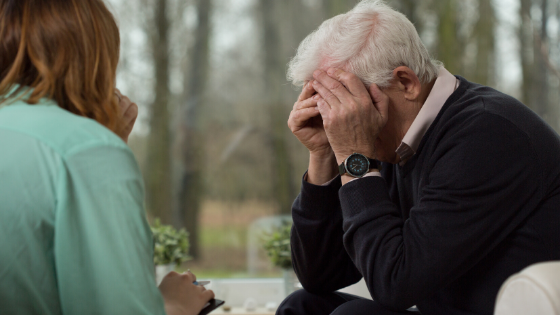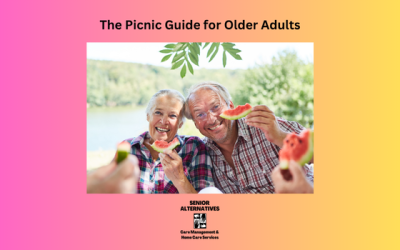October 25, 2019

It is well established that people with dementia are ultra-sensitive to stimulation from their environment. Taking this into consideration, our Care Management team implements a successful behavior modification protocol for dealing with problem behaviors that often turn into catastrophic events.
We start by training our Caregivers to track all behavior problems as well as signs of client distress. We then determine what took place immediately prior to the client’s reaction. By identifying the triggers that precipitate the behavior we are able to modify or eliminate the triggers and thereby change the outcome.
In addition to addressing environmental factors, we redirect the client into known pleasurable activities from our activity planning phase that is part of our initial assessment process. The list of activities is kept in the house in the home care binder for easy access by the Caregivers.
By combining the unique approaches described above, the Senior Alternatives care plan team increases the likelihood that our clients will remain manageable in their homes versus being placed in a nursing home or dementia unit.
Watch Janet Brush speak on the topic here.
We start by training our Caregivers to track all behavior problems as well as signs of client distress. We then determine what took place immediately prior to the client’s reaction. By identifying the triggers that precipitate the behavior we are able to modify or eliminate the triggers and thereby change the outcome.
Related Articles
International Self-Care Day 7/24
The date, 7/24 symbolizes the idea that self-care should be practiced 24 hours a day, 7 days a week. It’s a gentle nudge to make self-care a daily priority, not just a once-a-year activity. Read more on ways to create a self-care plan.
Summertime is here, let us help you plan the perfect picnic…
Summertime is a great time to enjoy the outdoors and plan a picnic, the perfect opportunity to bring joy especially for seniors in your life. With a bit of thoughtful preparation, you can create an experience that is both comfortable and memorable. To help you get started, here are some tips and ideas to plan a senior-friendly picnic that prioritizes accessibility, safety, and relaxation.
Boost Cognitive Function Through Brain Exercises
Just like the rest of your body, your brain changes and adapts over time. Through a concept known as neuroplasticity, your brain can form new connections, strengthen existing ones, and even recover lost abilities. Regular mental exercises can have a significant impact on your brain health. Read on to know more…





